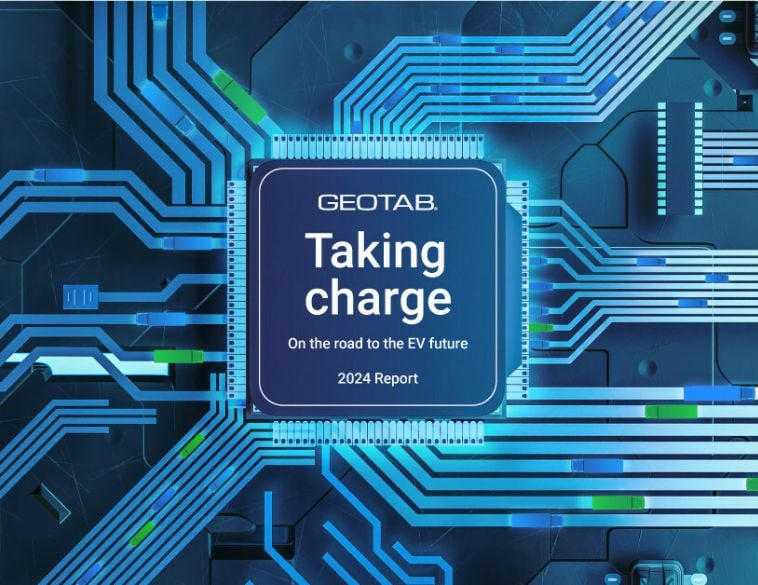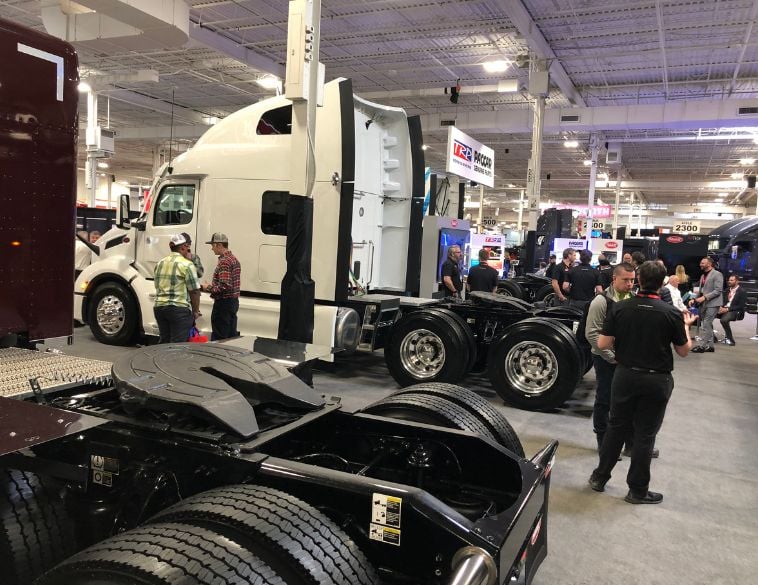ARI is harnessing the power of technology to help fleet customers adapt to the post-COVID landscape.
After 16 months of pandemic-induced economic slumber, fleets are getting back to business. Much has changed over the past year-and-a-half, and adjusting to these changes requires insight and the ability to navigate the choppy waters of uncertainty.
To help their clients navigate these challenges, ARI is leveraging technology to provide guidance and advice to save their clients’ unnecessary headaches and expenses.
During the pandemic, the company also prioritized enhancing its proprietary fleet management platform ARI insights, making it more intuitive for the end-user while also building out the back end to provide fleet managers with a more robust data warehouse.
Michael Stallone, Vice President of Development for ARI says the company’s customer experience initiative was broken down into three phases.
First, ARI focused on making the driver more efficient by introducing several self-serve tools and resources.
“We really enhanced our robust mobile app, providing more than 30 features that allow drivers to manage all of their day-to-day tasks through this tool,” he explains.
“So for the past year-and-a-half we developed new functionality, introduced these features to our clients, and now have hundreds-of-thousands of drivers using it to streamline their daily operations. It’s going really well.”
The next phase of ARI’s customer experience initiative focused on the fleet manager. “While a handful of customers are using ARI insights throughout the entire day, a lot of our customers are coming in 10 minutes at a time,” Stallone explains.
“Our goal was to make those 10 minutes for those customers the most effective, and to make fleet managers’ lives a lot easier.”
With that goal in mind, ARI made its ARI insights system more user-friendly and intuitive. The search feature, for example, is now more intelligent, allowing users to quickly find the information they need while also allowing for one-click transactions, delivering unparalleled efficiency.
“A lot of our customers are looking for ways to do things easier,” Stallone adds. “So we’re building out natural language understanding using AI to be able to bring the answers to customers directly.
“That means they don’t have to go through the site looking for things. ARI insights are more search-centric now, delivering an experience similar to using Google.”
A consumer-like experience
The ultimate goal is to continue to enhance ARI insights and its complementary mobile app to make them as user-friendly and efficient as many consumer-level technologies.
“Think back to what happened over the past 16 months when our customers had to adapt to real-time fleet management, and real-time communication with their drivers,” says Romy Bria, Vice President, Client Relations, ARI.
“The technologies we’ve developed give our customers the ability to streamline the management of their vehicles and drivers. Not only do our customers want us to provide them recommendations and identify opportunities to make their fleet run more efficiently, but they also want a fast and easy experience similar to that of a typical retail transaction in their personal lives. They want Google-fast and Apple-easy.”
ARI’s tools are easier to use and they offer data intelligence that ARI’s fleet customers can use to plan for the future, rather than simply analyzing past performance. Geoff Seely, Vice President & General Manager, Canada for ARI says the pandemic gave his company an audience that they didn’t have before—and an audience that asked some tough questions.
“Traditionally, our fleet performance reviews typically only included a fleet manager and a few fleet subject matter experts at the client level,” Seely says.
“But all of a sudden, because of the pandemic, we had the CFO or the VP of supply chain sit in on our reviews over video conference, asking questions, and we were able to offer the right recommendations.”
With the power of predictive analytics, ARI’s team of experts was able to offer advice that would affect future decisions.
“We could pull in data, filter and sort it, show them demonstrable savings, and make recommendations that were data-driven, timely and impactful,” Seely adds.
“So we could tell them, if you don’t do this, it will cost you ‘X.’ Or if you do this, you can save a million dollars, as opposed to looking in the rearview mirror and saying, ‘If you had done this better last year, we could have saved you a million dollars.”
Managing rising costs
One of the key challenges facing companies today is the rising cost of, well, everything. To help inject more cash into corporate pockets, ARI has several strategies to help companies deal with the challenges of getting their businesses up and running again.
“With the demand for used vehicles being at an all-time high, some of our customers are taking advantage of our Purchase and Leaseback program,” Seely explains.
“We buy their vehicles and lease them back to the customer. In turn, we help improve the cash flow for their business. That gives them a real opportunity to monetize the equity in their fleets and invest that cash elsewhere. Interest rates are cheap now, so we’re passing along the low cost of funds to our clients, and they’re really seeing an upside.”
Another key issue is uncertainty about when new vehicles will be available for fleet customers, and what they’ll cost once factories are back up and running. In addition, with extended lifecycles, fleets are seeing a rise in maintenance and repair costs, and many are wondering how best to manage these expenses.
Here again, thanks to their investment in technology and data, ARI can sit down with customers to offer timely advice on how best to manage all the costs and uncertainty.
Romy Bria sums up the matter nicely.
“The fundamentals of fleet management haven’t changed. What has changed are the conditions,” he explains. “The ability to acquire vehicles and the structured replacement timeline is increasingly uncertain.
“So we’re helping our customers understand that we may not know what’s going to happen with the delivery of vehicles, but we do know how their current vehicles are performing, and we do know where and how to manage their costs effectively. And that’s where we can leverage the strength of technology.”



